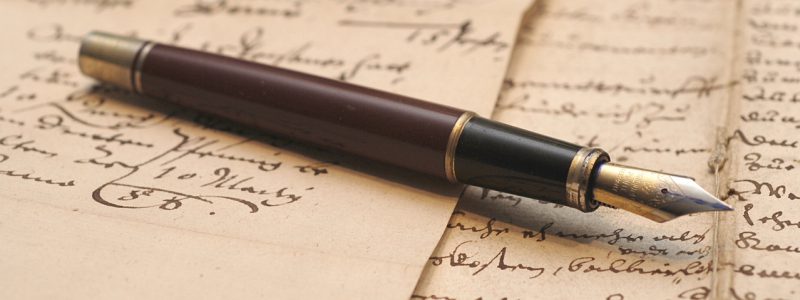
Evidence to challenge a will: a Larke v Nugus Statement
The evidence needed to challenge a will successfully can be difficult to obtain – not least because by definition, the person who made the will is deceased. However, if a solicitor was involved in drawing up the will that you now intend to challenge, their evidence may be important. If a solicitor did draw up the will you think is invalid, obtaining a ‘Larke v Nugus’ statement will be part of the evidence gathering process.
What is a Larke v Nugus statement?
A ‘Larke v Nugus statement’ refers to evidence from a solicitor involved in drawing up a will. The statement should contain information from the solicitor relating to all the circumstances, as far as he or she is aware of them, surrounding the will. The person seeking to challenge the will, and their legal team, will find this helpful in assessing the strength of the validity claim.
Why is it called a Larke v Nugus statement?
Like many aspects of the law, the rules surrounding the procedure for disputing a will derive from case law – the decisions of the courts in earlier cases. This is so for the Larke v Nugus statement. In 1959, the Law Society issued a practice direction covering the situation in which a solicitor who had prepared a will could give details relating to those events. This was confirmed in Larke v Nugus. Essentially, there had been a question mark over whether the circumstances surrounding the drawing up of a will was protected by client confidentiality. In Larke v Nugus the Court of Appeal confirmed that in cases of a will dispute, the solicitor who had drawn up the will would be a material witness and should therefore provide evidence about
- the circumstances in which the testator gave instructions for the will; and
- the circumstances in which the will was executed
What should a Larke v Nugus statement contain?
According to the Law Society’s Practice Direction, a Larke v Nugus statement should contain
“ a full statement of evidence as to the preparation of the will, and the circumstances in which it was executed to anyone who has an interest in the dispute, whether or not you are acting for any of the parties”.
In practical terms, this can include
- how long the solicitor in question knew and/or acted for the Testator
- Who introduced the solicitor to the Testator
- When the instructions to make the will were received
- How the instructions were communicated (in person, by phone, by letter)
- Observations the solicitor made about the Testator’s knowledge of what he or she was doing (making a will), and whether the Testator was otherwise confused or stressed or behaving out of character
- Whether there was any discussion about previous wills; where the new (disputed) will was significantly different from previous wills, any discussion around the reasons for this
- Any explanations that were given as to the provisions of the will and what they would mean
- A description of the execution of the will – in terms of who was present and what happened.
In addition to the information disclosed in the Larke v Nugus statement, it is usually appropriate to request a copy of the ‘will file’ held by the solicitor concerned, which will contain documents such as attendance notes, any drafts, and other information – for example details of how the solicitor reassured him/her self that the client had testamentary capcity – if this is an issue.
Ultimately, obtaining a Larke v Nugus statement is about attempting to resolve a matter without going to court. In the absence of any other clear evidence, the solicitor’s evidence, both in the statement and from the will file, may well prove the will is valid, (or, equally, cast sufficient doubt on its validity). Either way, you will have a clearer idea of the strength of your case and may offer more scope to resolve the matter through dispute resolution.